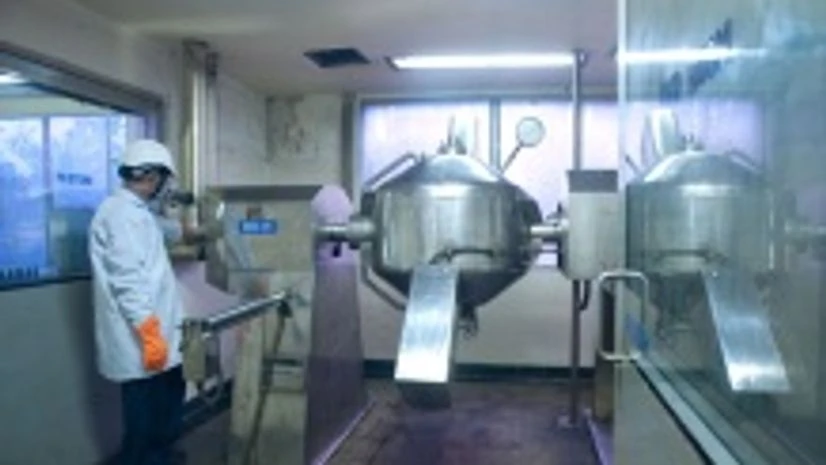While Indo- German cooperation has been making headlines of late with ongoing collaborative scientific research between the two countries by been breaking new frontiers in renewable energy, clean energy, material science, nano technology - and all other areas that are of priority for both countries.
Indian scientists are even working at the Facility for Anti-Proton and Ion Research an international accelerator facility at Darmstadt, Germany, alongside scientists from other nations. This facility is on the lines of the CERN facility at Geneva.
On a visit to India, German Research Foundation President, Professor Dr Peter Strohschneider speaking to Business Standard said, “Germany invests a lot in research and sees potential in the cooperation with Indian researchers. Infact, Indian students and scientists constitute the second largest pool of researchers in Germany.”
Speaking about the nature of scientific research being pursued Strohschneider said, “There is high quality curiosity driven research in the basic sciences going on in Germany.” He stressed that the partnership between the two countries went beyond the realm of skill development and was a thrust towards giving Indian doctoral students and researchers an opportunity to conduct research in Germany.
Speaking about the nature of scientific research being pursued Strohschneider said, “There is high quality curiosity driven research in the basic sciences going on in Germany.” He stressed that the partnership between the two countries went beyond the realm of skill development and was a thrust towards giving Indian doctoral students and researchers an opportunity to conduct research in Germany.
The German Research Foundation being a research funding organization, not only assists Indian university researchers to get exposure to the latest technical advances in Germany, it also promotes several joint research initiatives. Some of the outcomes of this collaborative research include corrosion resistant iron beams, reinforced concrete and smart materials. The Foundation has of late been fostering Transfer of Knowledge by encouraging university – industry partnerships from both countries. Such a module helps in transferring basic science research to real applications through industry and goes towards the goal for enhancing development of society.
Infact the scientific partnership of both countries has moved onto the next level. The Indian government has set up a joint research centre with Germany at Gurgaon, the Indo German Science and Technology centre IGSTC which harnesses both university and industry platforms. Both countries have pledged two million euros each for this joint initiative.
Ram Kumar Sharma of the department of International Bilateral Cooperation Division in the Ministry of Science & Technology said, “The Indo German partnership in S&T is mutually beneficial for both sides; unlike other countries this can be said that Germany’s scientific engagement is purely science driven and solely based on scientific interest; there are no other considerations.”

)
